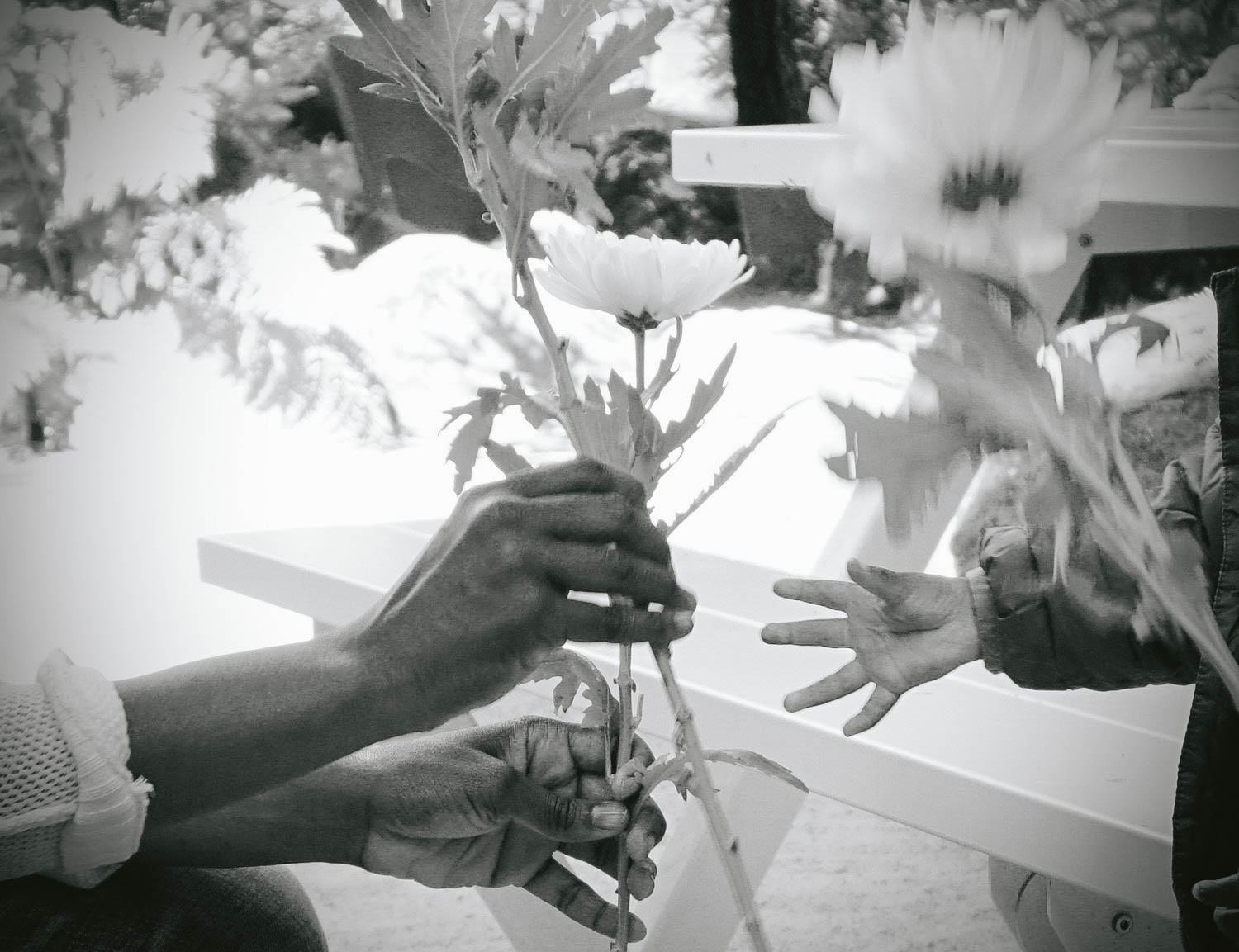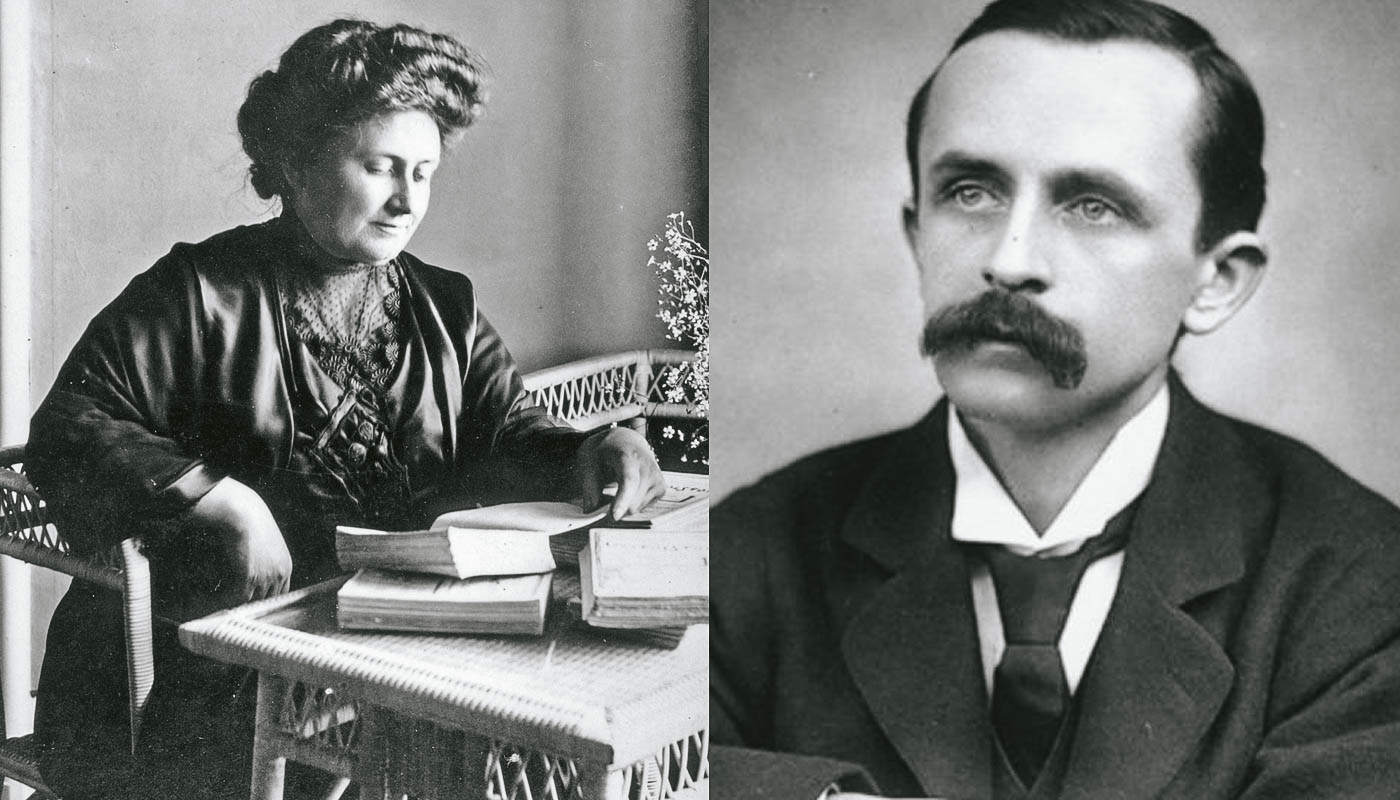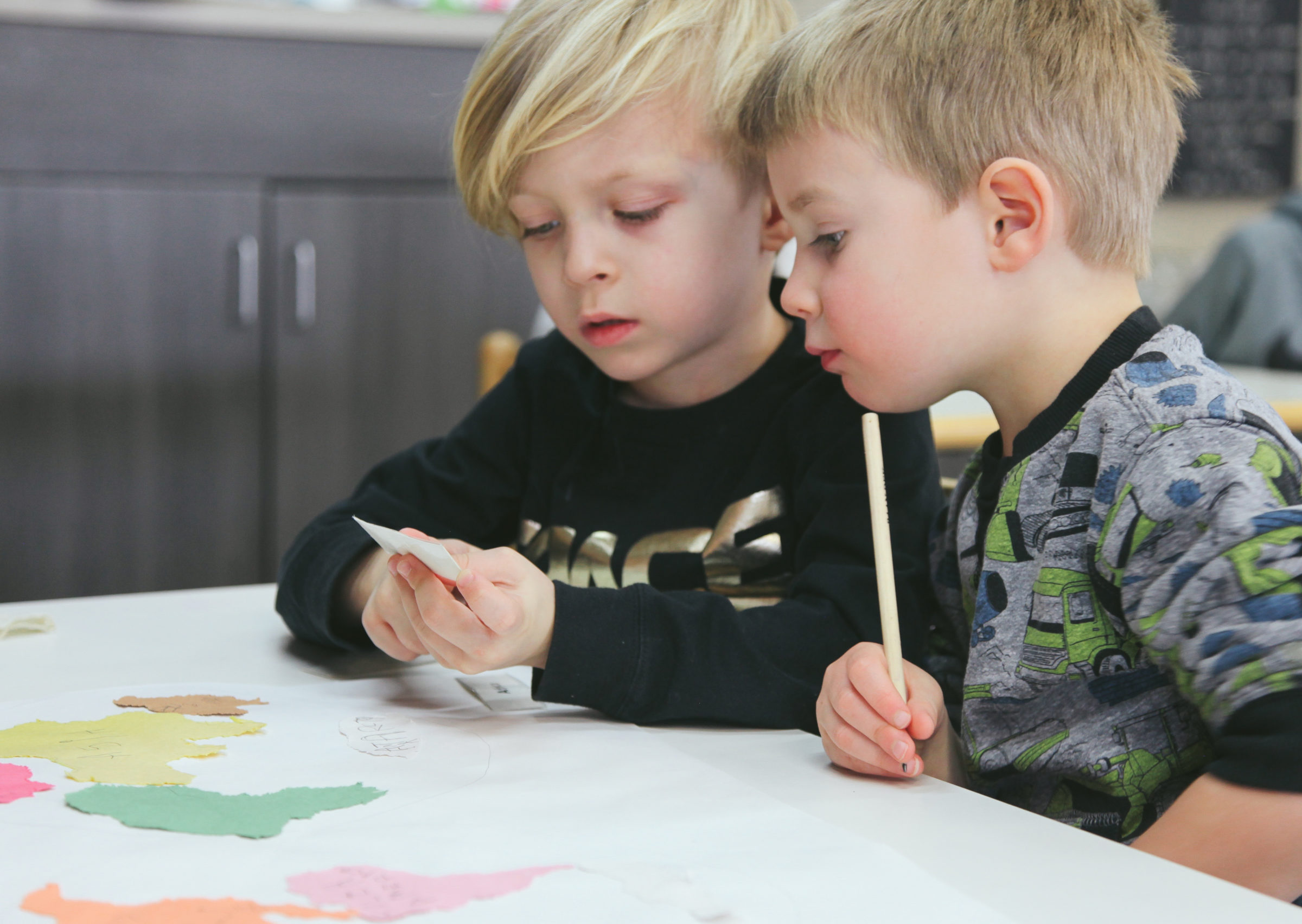Montessori Research
Other Good Things
While we don’t have Tests in Montessori, per se, we do have Evaluations. We’re always moving forward from a place of mastery, and the only way to know if a child has mastered a material is through an evaluation. We call these, Observations. We’re always observing and evaluating, noticing, what do I see and what, if anything do I need to do about it?
Just like the Thinking Chair, the difference is in ownership, and the difference, makes a huge difference.
The responsibility lies with the adult, not with the child. The successes are all a child’s, the failures are all our own. After all, isn’t that why they’re here, to learn?
Due to the lack of quantitative data coming out of Montessori classrooms (no test scores, no reading or math evaluations, and how we measure success is of the whole child is markedly different than how success is often measured in other education settings), research isn’t necessarily as accessible, though still possible and important.
And sometimes, it’s valuable, important, accessible, and widely publicized.
This is the case with an article many of us saw through various channels around the web, from email to newsletters to Facebook! The world can be beautifully serendipitous.

This article was written by Angeline Lillard, professor and author of Montessori: The Science Behind the Genius.
Dr. Lillard shares research demonstrating the benefits children, particularly children from low-income backgrounds, gain through a Montessori education.
This is particularly important in light of well-documented research regarding “Summer Slide,” a phenomenon where children lose knowledge over the Summer, but are able to regain skills and abilities within the first few months of school resuming. In fact, children living in poverty regain skills more quickly than their affluent peers.
Until a certain point.
At fifth grade, the children who fall behind cannot catch up. Researchers attribute this to opportunity — around this age, children with high-income families are able to engage in educational, socially-supportive activities, such as camps and vacations. A parent or primary caregiver might even be able to take time away to “Follow the Child” and take trips to the library, to a park, or out with friends.
“The world can be beautifully serendipitous.”
Children at this same age, but from low-income families, instead might experienced increased responsibilities for younger siblings or around the home, less time with parents and primary caregivers perhaps working multiple jobs, and overall less opportunity. This is when the deficit that all children have from those “off” months of Summer, cannot be regained.
We are looking for “solutions” in education. We recognize that our adopted system isn’t as effective as we’d like, and Dr. Lillard not only addresses that Montessori has the answers to questions educators are asking (which, of course, we’re biased in favor of!) but also addresses the giant question we Montessorians find ourselves asking — why, especially in light of research such as this, is Montessori not more widely adopted, or even recognized?
We commend the article to you, but we’ll leave you with one quote.
“Thus, we have a school system that appears to produce the better academic outcomes we want while also improving soft skills and leaving children feeling good about school.”
Written by:
Charlotte Snyder



